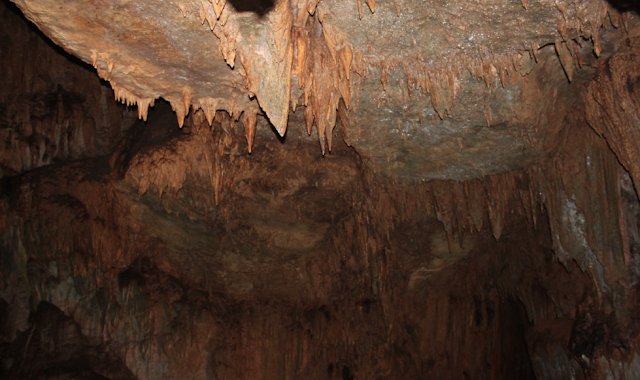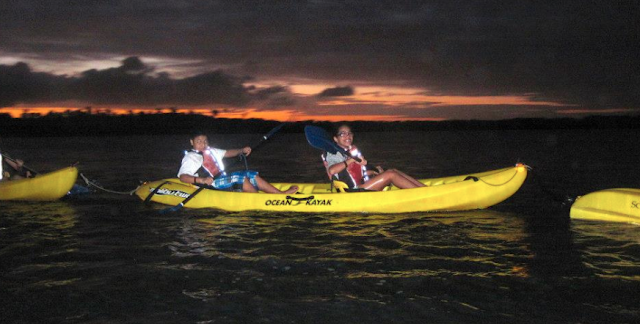Puerto Rico Trip February 2013!
Thursday, February 21, 2013
Our final picture in Puerto Rico.
This is such a beautiful island. We don't want to leave but we have to go back to school tomorrow.
Thank you Puerto Rico for a wonderful experience. Everyone treated us with such loving care.
A special thank you to Dragonfly Tours and the Grand Melia Hotel.
Thank you Puerto Rico for a wonderful experience. Everyone treated us with such loving care.
A special thank you to Dragonfly Tours and the Grand Melia Hotel.
Wednesday, February 20, 2013
Sleeping Beauties!
William is showing off the seashells he found on the beach.
The Arecibo Observatory
We visited the largest Radio Telescope in the world today. It measures 1000 feet in diameter. This telescope was originally built to study our atmosphere but later scientists learned that it can also be used to study other objects in space. The students in the picture are observing how clouds are formed.

Observing the elements chart.
Some couldn't keep up!
The Camuy Caves
The Rio Camuy Cave Park is the third largest cave system in the world. Made up of natural limestone, it was once in the Caribbean Sea about 160 million years ago.
This is Cueva Clara. We rode a trolley to the entrance where we then walked through several caves
filled with stalagmites and stalactites.
Walking by stalactites at the entrance to the caves.
Tuesday, February 19, 2013
The Bioluminescent Bay at Laguna Grande.
These Red Mangroves are found along shorelines , bays, and lagoons. It is important to protect these mangroves because they sustain a variety of species that are threatened or endangered.
We saw microscopic dinoflagellates that lit up to a blue-green color when they felt movement in the water. It was incredible! Laguna Grande is the best place in the world to see them because this is where they are most abundant. There can be up to 750,000 dinoflagellates in 1 cubic foot of water.
This was after one of the groups went on the bio-bay tour.
Subscribe to:
Comments (Atom)













































